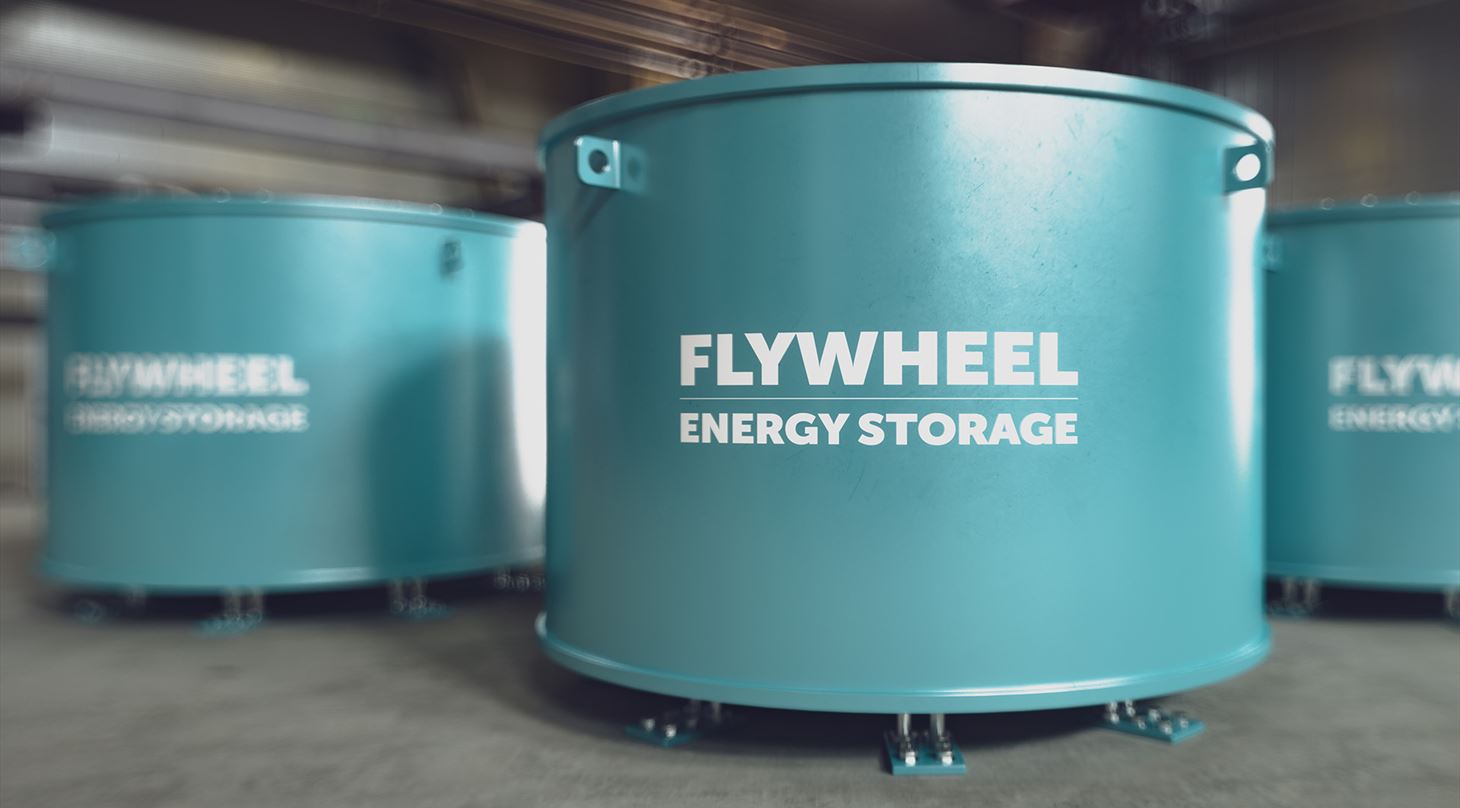
HyFly - Green energy storage with efficient flywheels
The HyFly project aims to transform the energy storage market through the development of advanced energy storage systems in the form of flywheels with hybrid glass-carbon fiber composite rotors.
The project seeks to improve the energy density of these systems by at least 25%, which will provide a more sustainable and cost-effective solution compared to traditional chemical batteries. By leveraging synergies between materials and design innovations, HyFly strives to deliver technologies capable of meeting the growing demand for efficient energy storage in an era characterized by the green transition.
The role of the Danish Technological Institute
The Danish Technological Institute plays a central role in the HyFly project by providing expertise in material testing and characterization. The Institute will use advanced 3D synchrotron X-ray tomography to inspect and analyze the structural integrity and performance of the hybrid composite materials under rotational load. This effort will provide critical insights into the materials' microstructure and assist in optimizing design and manufacturing processes. The Institute's contribution is crucial to ensuring that the developed solutions meet the highest standards of reliability and efficiency.
Increased energy density through advanced material choices
The transition to green energy from intermittent sources requires efficient energy storage technologies. In a flywheel, energy is stored in the form of rotational energy in a rotor that spins at high speeds. A flywheel rotor is accelerated during charging and decelerated during discharging. The high rotational speeds subject the material to significant forces, placing stringent demands on the rotor material's performance.
In the HyFly project, we aim to:
- Increase Energy Capacity: Improve the energy density of flywheel rotors to reduce the market price per kWh.
- Develop Advanced Material Technology: Develop and implement a hybrid glass-carbon fiber composite technology that combines the strength and durability of different materials to optimize performance and cost efficiency.
- Create Sustainable Energy Alternatives: Offer a long-lasting and environmentally friendly energy storage solution with theoretically unlimited charging cycles, capable of replacing short-lived chemical batteries on the market.
These goals aim to establish Denmark as a leading hub for advanced energy storage technology and contribute to a more sustainable global energy future.
Facts about the project
The project runs from April 2024 to April 2027 and is a Grant Solutions project supported by the Innovation Fund with a total budget of 20 million DKK. The project involves participation from both knowledge and industry partners.